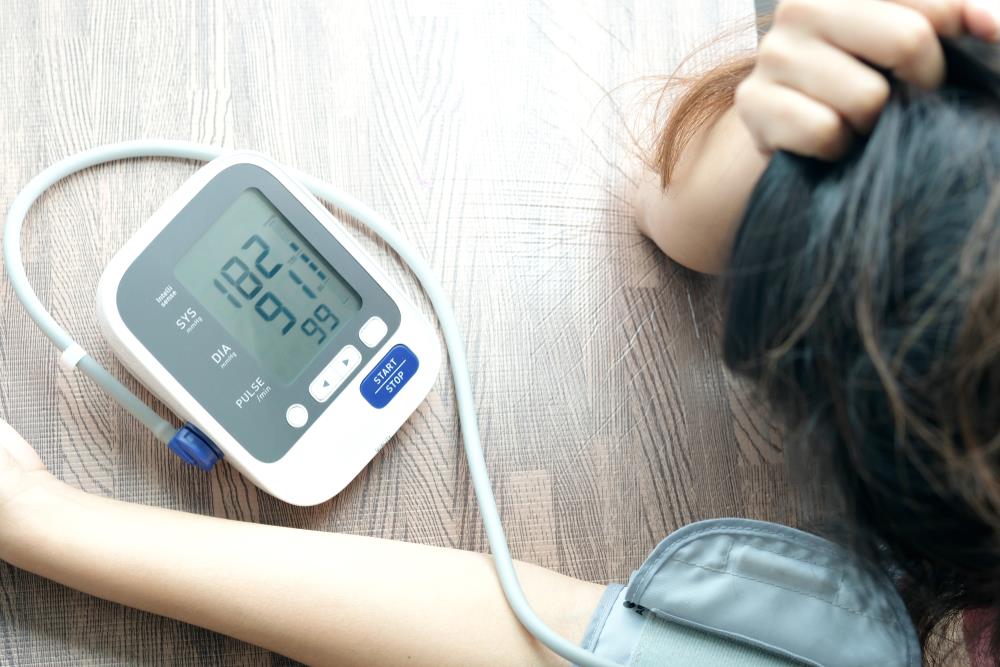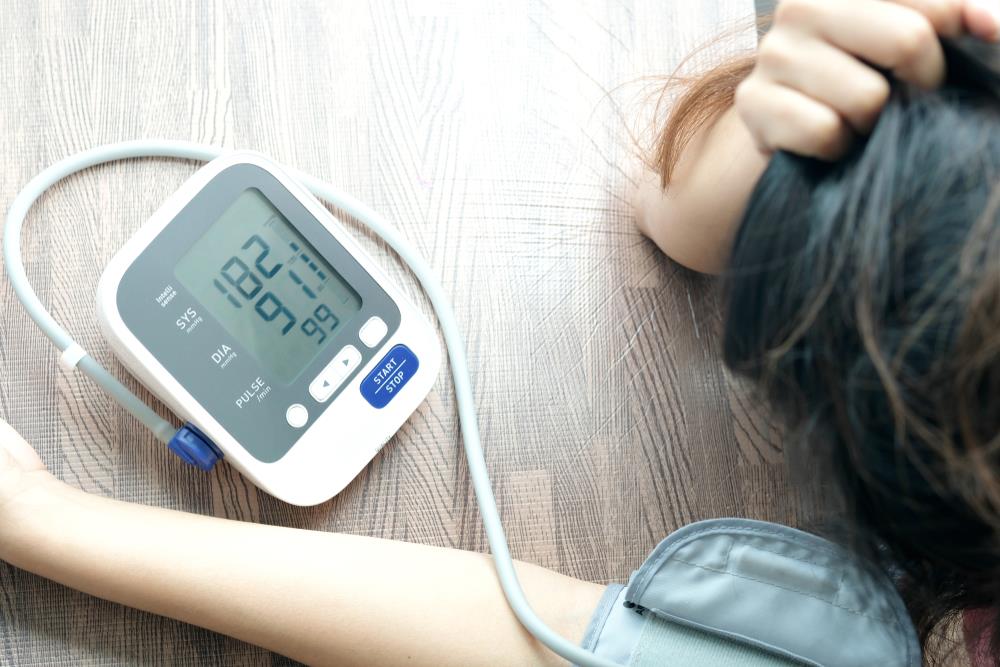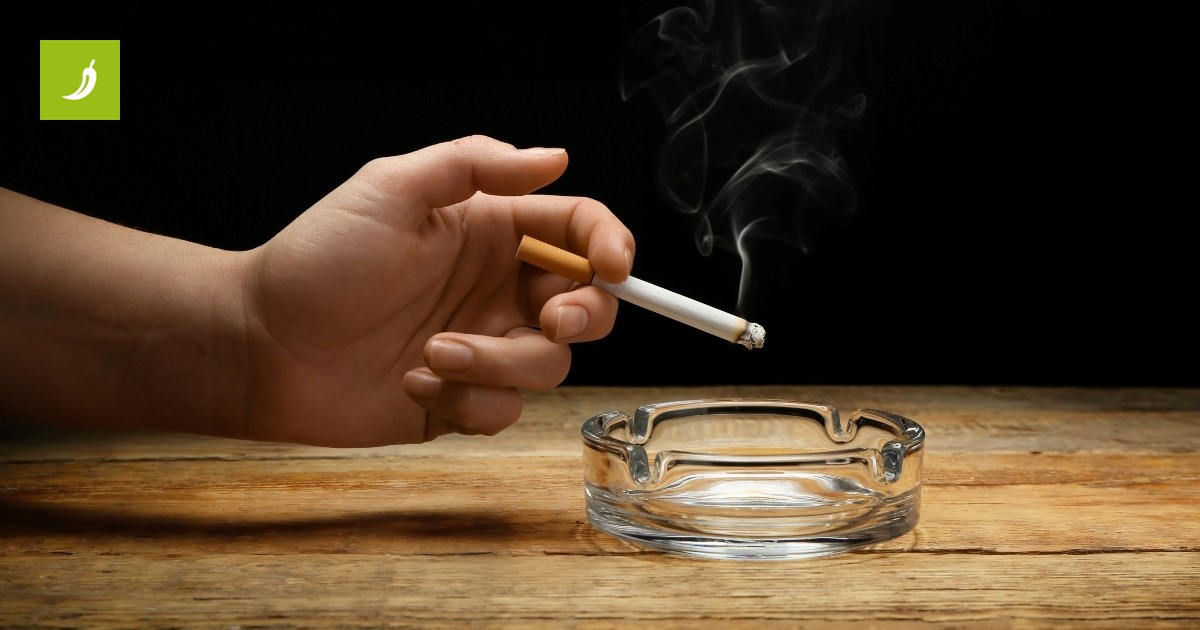The article lists 15 surprising factors that can raise blood pressure, including salt intake, added sugars, loneliness, stress, sleep apnea, potassium deficiency, acute pain, herbal supplements, thyroid problems, a full bladder, nonsteroidal anti-inflammatory drugs, white coat effect, decongestants, dehydration, hormonal contraception, talking, and antidepressants. It emphasizes the importance of proper blood pressure measurement and monitoring, as well as the impact of various lifestyle factors and medications on hypertension.
Political Perspectives:
Left: Left-leaning sources tend to emphasize the social and psychological factors affecting blood pressure, such as loneliness, stress, and mental health, highlighting the importance of community support and mental well-being in managing hypertension.
Center: Center-leaning sources focus on a balanced view, presenting both lifestyle factors like diet and exercise, as well as medical factors such as medication effects and physiological conditions, stressing the importance of comprehensive health monitoring and evidence-based medical advice.
Right: Right-leaning sources often highlight personal responsibility in health management, emphasizing diet control, avoiding unnecessary medications, and being cautious with supplements. They may also stress skepticism towards over-medicalization and advocate for natural or traditional approaches.















